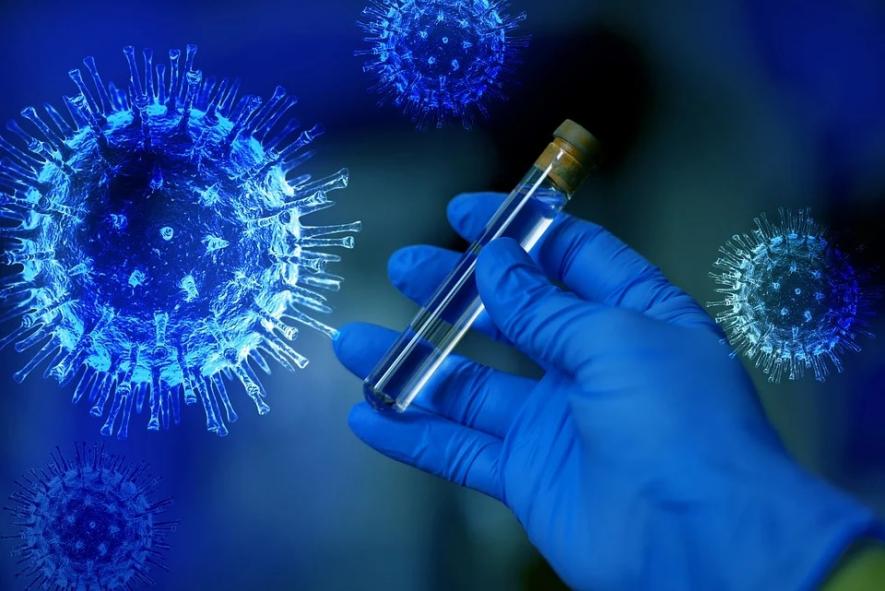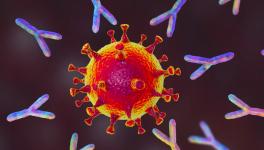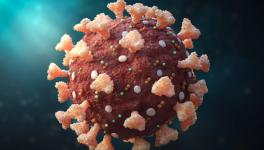COVID-19: Scientists Turn to Wastewater-based Epidemiology

Representational image. | Image Courtesy: Pixabay
For a better approximation of the degree of community spread of COVID-19, dozens of research group worldwide have now turned to a relatively new paradigm of infectious disease surveillance system, wastewater-based epidemiology. In this, researchers take the sample of wastewater or sewage, that finally go to a treatment facility—to track infectious diseases that are excreted in urine or faeces, including the SARS-CoV-2 or the novel coronavirus which causes COVID-19.
So far, researchers have found traces of the virus in the Netherlands, Sweden and US. Gertjen Medema, microbiologist at the KWR Water Research Institute in Nieuwegein, Netherlands have found genetic material of the novel coronavirus, the viral RNA, in several treatment plants in the Netherlands. Medema also believes that as a treatment plant can receive water from a million of people, monitoring at this level will foster a better assessment of how far the disease has spread than the usual testing. This is because, wastewater surveillance can account for those who were either not tested or had very mild symptoms.
The wastewater-based epidemiological approach can also prove fruitful in early detection and warning about the relapse of the virus. Ana Maria de Roda Husman, an infectious disease researcher at the Netherlands National Institute for Public Health and the Environment in Bilthoven, said—“Routine wastewater surveillance could be used as a non-invasive early-warning tool to alert communities to new COVID-19 infections”. This institute has the experience of monitoring sewage to detect outbreaks of norovirus, antibiotic-resistant bacteria, poliovirus and the measles virus.
The group led by de Roda Husman detected traces of the novel coronavirus at Schipol Airport in Tilburg, that too, only four days after Netherlands confirmed the first case of COVID-19 after clinical detection. The research group also plans to extend their tests in sewage to the capitals of Netherlands and other places that have not yet reported any confirmed cases.
On the other hand, Medema’s group found viral RNA strain in one city of Netherlands even before infection was reported in the community.
Studies show that the novel coronavirus can appear in the faeces within three days of infection, which is much sooner than people begin to show symptoms. This kind of early detection can also provide the health workers some time to decide hard measures like lockdown, especially, if the virus makes a comeback next year.
Nevertheless, researchers working in this emerging paradigm need to keep a crucial eye on certain things. First is to assess how many people have actually got the infection in a population. For this, it has to be first determined how much viral RNA is excreted in faeces and then extrapolate it to assess the number of people infected in a population. Researchers will also have to ensure that they are looking for a representative sample and not a snapshot in time.
At a time, when countries across the world are trying to find out the numbers of infected by this pandemic, such newer paradigms to have a proper approximation of COVID-19 are much welcome. Any new paradigm, apart from the conventional clinical tests will have to be welcomed. Let’s hope the concerted efforts of science and research community will bring about the real picture about the pandemic.
Get the latest reports & analysis with people's perspective on Protests, movements & deep analytical videos, discussions of the current affairs in your Telegram app. Subscribe to NewsClick's Telegram channel & get Real-Time updates on stories, as they get published on our website.
























